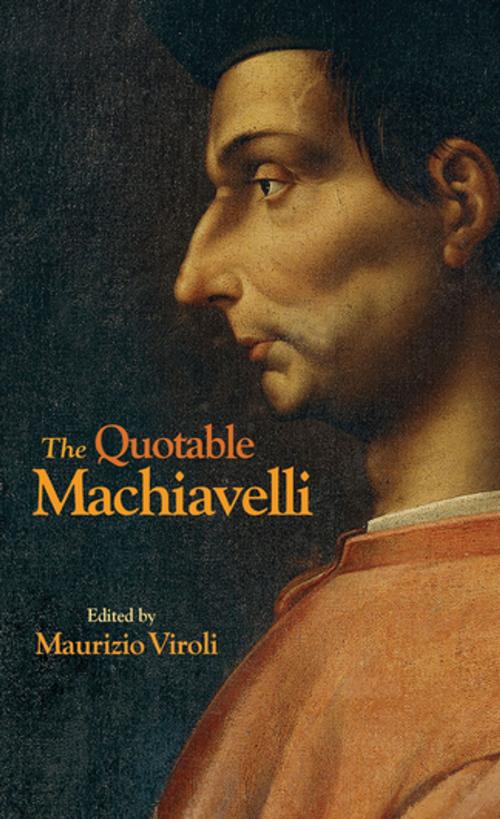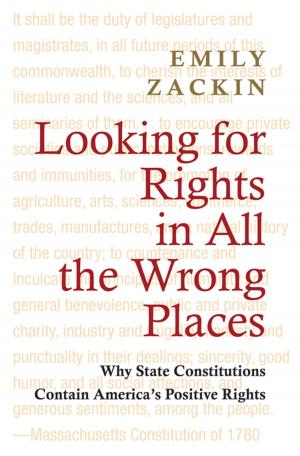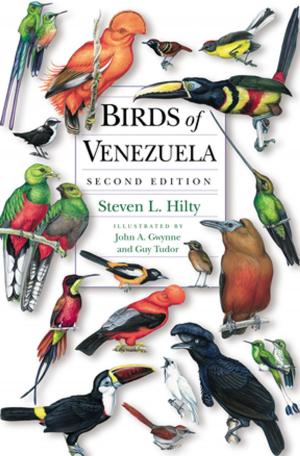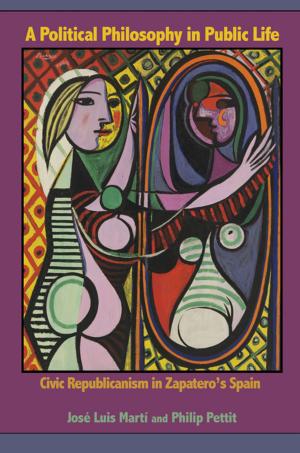The Quotable Machiavelli
Nonfiction, Religion & Spirituality, Philosophy, Political, Social & Cultural Studies, Political Science, Politics, History & Theory| Author: | Niccolò Machiavelli | ISBN: | 9781400883318 |
| Publisher: | Princeton University Press | Publication: | December 20, 2016 |
| Imprint: | Princeton University Press | Language: | English |
| Author: | Niccolò Machiavelli |
| ISBN: | 9781400883318 |
| Publisher: | Princeton University Press |
| Publication: | December 20, 2016 |
| Imprint: | Princeton University Press |
| Language: | English |
Niccolò Machiavelli (1469–1527) is the father of modern political thought, but he is also one of the greatest writers of the Renaissance and his wisdom and style extend far beyond politics to encompass a compelling philosophy of life as well. In The Quotable Machiavelli, Maurizio Viroli, one of the world's leading Machiavelli scholars, offers a rich collection of the Florentine’s most memorable words on a wide range of subjects, including politics, the human condition, religion, love and happiness, antiquity and history, patriotism, and virtue. Drawing on Machiavelli’s entire body of writings, and including little-known quotations as well as famous passages, the book shows the full scope of his thought and belies the cliché that he was a "Machiavellian" cynic. In addition to Machiavelli’s own words on dozens of subjects of perennial interest, the book includes some almost unknown texts in which his contemporaries describe him. Complete with a biographical introduction, the book serves as a handy reference and a smart and lively introduction to a masterly thinker and writer.
- Includes a rich collection of Machiavelli’s most memorable words on a wide range of subjects, from politics to the human condition—almost 700 quotations in all
- Edited and introduced by one of the world’s leading Machiavelli scholars
- Serves as a smart and lively introduction to Machiavelli’s life and works
- Draws on the complete body of Machiavelli’s writings
- Features a brief biography of Machiavelli, a chronology of his life, suggestions for further reading, and an index
Niccolò Machiavelli (1469–1527) is the father of modern political thought, but he is also one of the greatest writers of the Renaissance and his wisdom and style extend far beyond politics to encompass a compelling philosophy of life as well. In The Quotable Machiavelli, Maurizio Viroli, one of the world's leading Machiavelli scholars, offers a rich collection of the Florentine’s most memorable words on a wide range of subjects, including politics, the human condition, religion, love and happiness, antiquity and history, patriotism, and virtue. Drawing on Machiavelli’s entire body of writings, and including little-known quotations as well as famous passages, the book shows the full scope of his thought and belies the cliché that he was a "Machiavellian" cynic. In addition to Machiavelli’s own words on dozens of subjects of perennial interest, the book includes some almost unknown texts in which his contemporaries describe him. Complete with a biographical introduction, the book serves as a handy reference and a smart and lively introduction to a masterly thinker and writer.
- Includes a rich collection of Machiavelli’s most memorable words on a wide range of subjects, from politics to the human condition—almost 700 quotations in all
- Edited and introduced by one of the world’s leading Machiavelli scholars
- Serves as a smart and lively introduction to Machiavelli’s life and works
- Draws on the complete body of Machiavelli’s writings
- Features a brief biography of Machiavelli, a chronology of his life, suggestions for further reading, and an index















